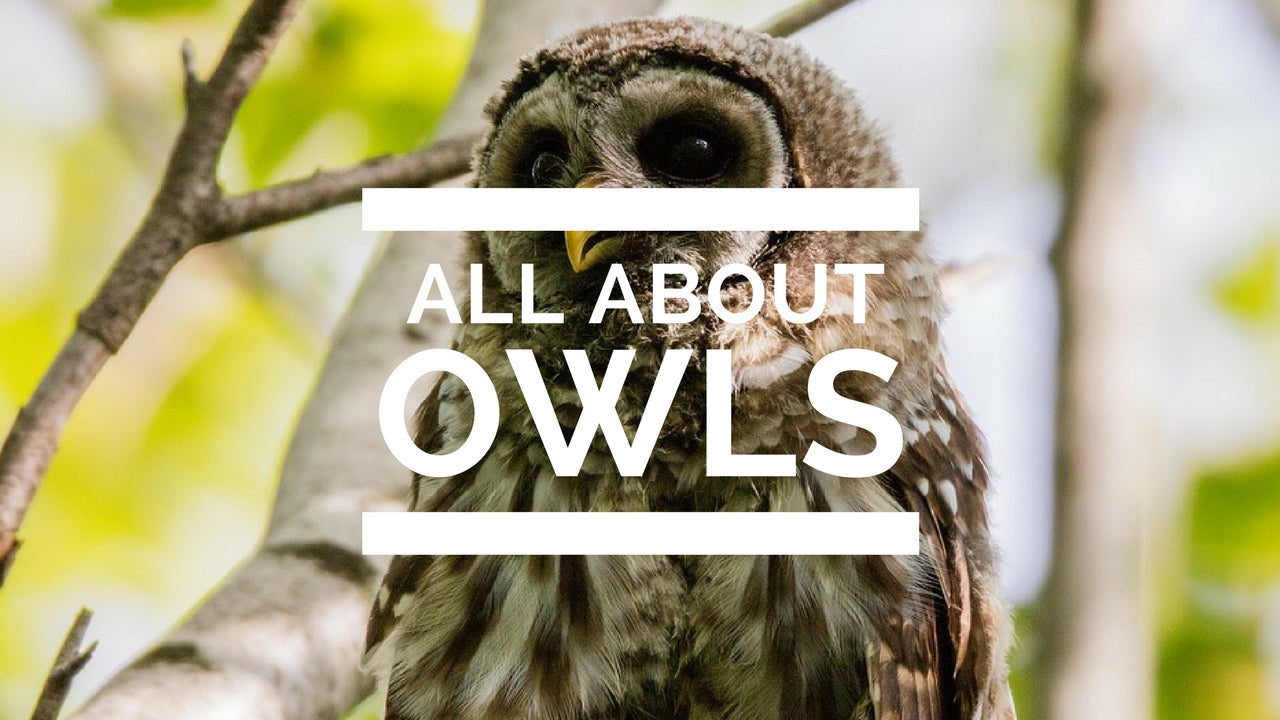Offer
Provide additional details about the offer you're running.
Provide additional details about the offer you're running.
Provide additional details about the offer you're running.

Having an affinity for owls is similar to the act of breathing; it’s completely natural. Most of us love owls and much of that love has to do with their secretive behaviour paired with the minimal number of sightings many of us have experienced throughout our lifetimes.
There are many ways just about anyone can locate, view and observe owls right here in our own backyard. There are over 200 owl species on this big beautiful planet and here in North America, we have 19 different species to choose from and recent environmental conditions have made these raptors more abundant than they have been in recent years.
After the drought that we experienced in 2012, we have been treated with wonderfully temperate conditions that have allowed vegetation and undergrowth to flourish, particularly here in Ottawa and the Valley.
All this new growth obviously makes for additional food and habitat for our wildlife and that includes our rodent populations. As squirrel, chipmunk and mouse populations rise, so do our owl populations, as they develop home ranges close to home where the feeding is good.
In fact, more and more birders are reporting owl sightings from around the feeders located right within their back yards. With the exploding rodent populations, they tend to congregate on the ground below many backyard bird feeders and give perched owls an extremely target-rich environment to dine on some of their favourite foods.
With that in mind, keep an eye out around your feeders for signs of owl activity such as pellets, the regurgitated remains of small rodents ingested by owls. There are some who have even found pellets right inside their platform feeders, further proof that neighbourhood owls are doing their part to save your bird seed for our songbirds.

One important thing to keep in mind, as with observing any wild animal, is to be sure to give any owls you encounter the space they need and deserve. These owls are reclusive by nature and can be easily stressed by human contact, so be sure to be quiet and respectful of any owl you come across. These large birds conserve much of their energy for actively foraging for food, and unbeknownst to you, you could be interrupting a hunt that is so important to the large bird’s survival.
High Quality Blend